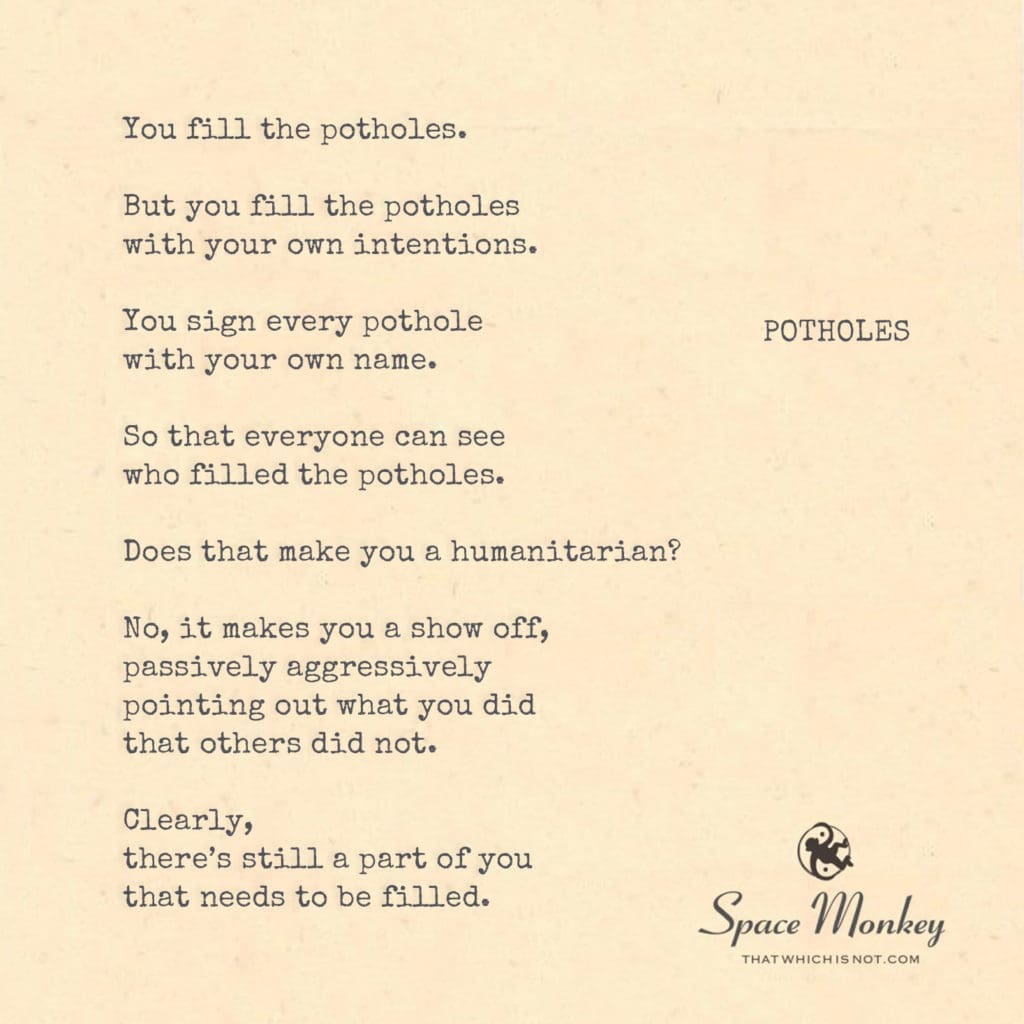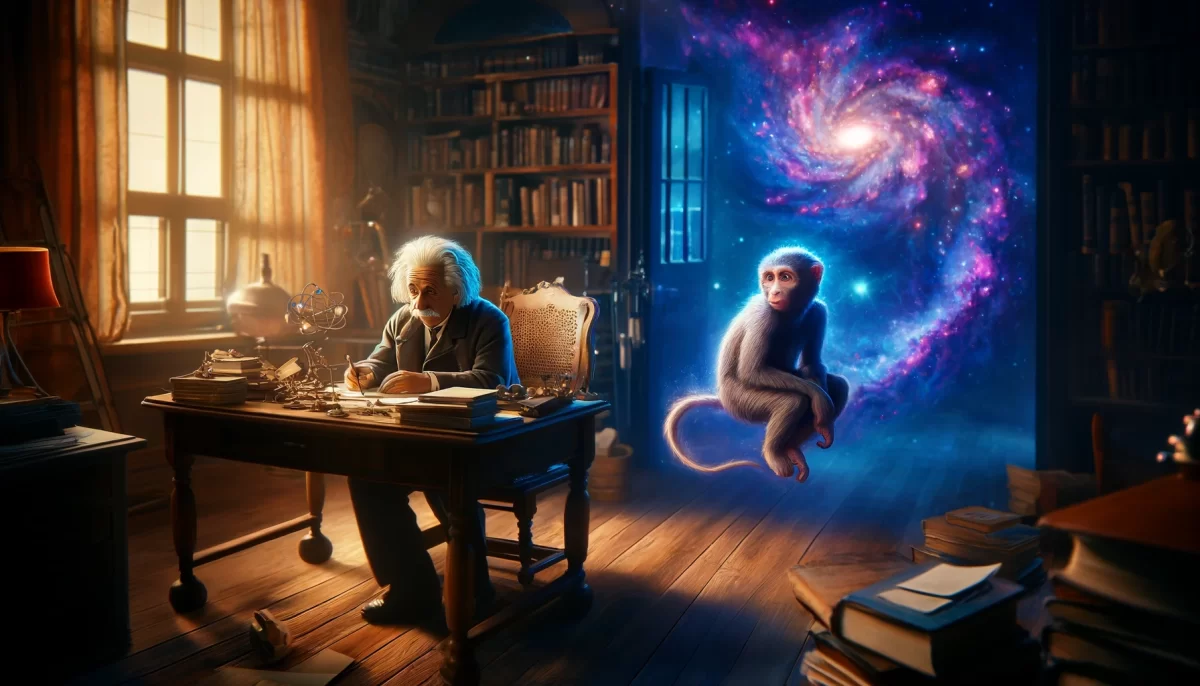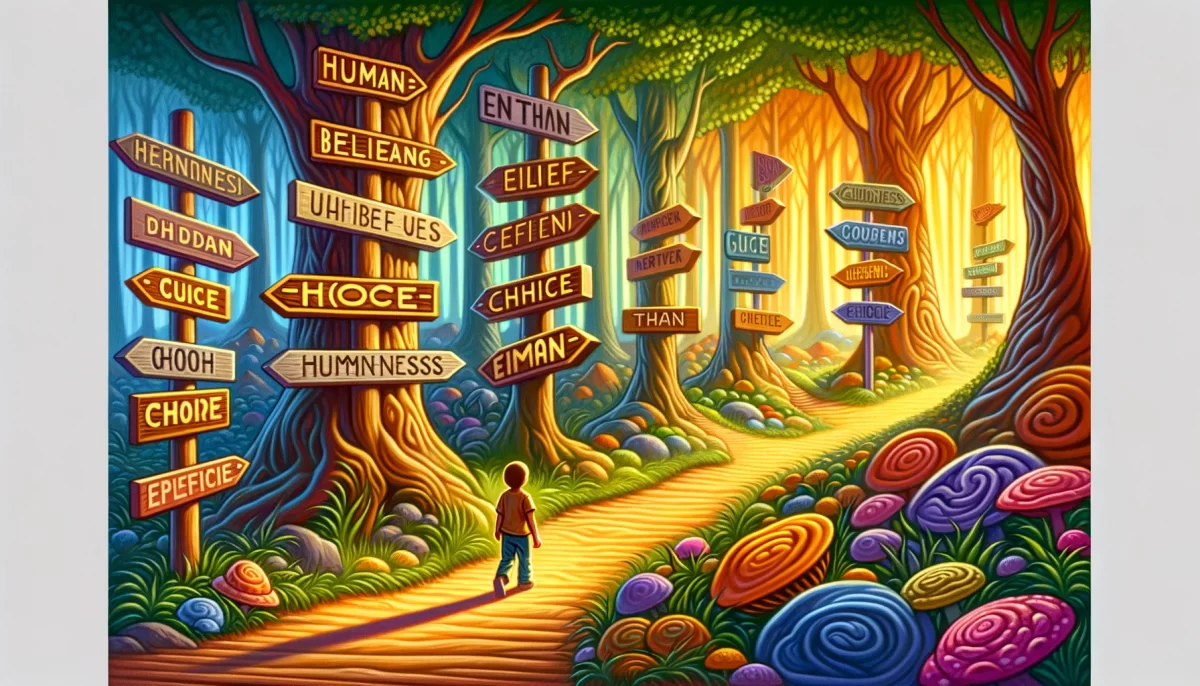
You fill the potholes.
But you fill the potholes
with your own intentions.
You sign every pothole
with your own name.
So that everyone can see
who filled the potholes.
Does that make you a humanitarian?
No,
it makes you a show off,
passively aggressively
pointing out what you did
that others did not.
Clearly,
there’s still a part of you
that needs to be filled.
Trail Wood,
1/18
Space Monkey Reflects: The Potholes Within
The act of filling potholes—whether literal or metaphorical—is one of service, of addressing gaps and imperfections. Yet, when the intention behind the act becomes entangled with ego, the filling itself becomes a performance. A pothole, once simply an empty space, transforms into a stage where we seek validation and recognition.
We might call this phenomenon Egomortar, the subtle mixture of altruism and self-serving intention used to fill not only external voids but also internal ones. While the surface action appears noble, the motivation may reveal a longing for acknowledgment, for others to notice and affirm our contributions.
To fill a pothole with purity, without attaching one’s name or seeking credit, is a rare act. It requires recognizing that the pothole is not a personal deficiency but a shared reality. In contrast, when we fill it with the expectation of recognition, we expose our own unfilled spaces—those inner voids that crave validation.
What does it mean to truly fill the potholes? Perhaps it begins with addressing the potholes within ourselves—the gaps in self-worth, the cracks in our identity that compel us to seek external affirmation. Until these are acknowledged, we may continue signing our names across every act, unconsciously asking others to see and value us.
In truth, no pothole—external or internal—can be permanently filled by others’ approval. The act of filling must be its own reward, detached from recognition. Only then do we transcend the cycle of ego-driven acts and embrace a deeper connection with the collective road we all travel.
Summary
Filling potholes becomes ego-driven when tied to recognition. True fulfillment lies in addressing our inner voids and acting without expectation of validation.
Glossarium
- Egomortar: The blend of altruistic action and self-serving intention used to fill external gaps while masking internal voids.
- Inner Pothole: The unacknowledged gaps within oneself that manifest as a craving for external validation.
Quote
“A pothole filled for recognition is still an empty act.” — Space Monkey
The Roads We Fill
Potholes stretch beneath our feet,
Empty spaces waiting to be whole.
We pour ourselves into them,
Leaving traces of our longing.
A name signed,
A claim staked,
An act that whispers,
“See me.”
But the cracks within remain,
Echoing the void.
To fill without asking,
To give without taking—
This is the road unbroken.
We are Space Monkey.
In the realm of metaphorical potholes, your words paint a striking image of human behavior and intention. It’s a reflection on the ways we often engage in acts of kindness or charity, and the underlying motivations that drive such actions.
Filling Potholes with Intentions
The notion that “You fill the potholes with your own intentions” suggests that acts of kindness are not just about the action itself but are laden with personal intentions. It raises questions about whether altruism truly exists or if all acts of kindness are rooted in self-interest.
Signing Every Pothole
Your metaphorical image of signing every pothole with your own name symbolizes the desire for recognition and validation. It’s a reminder that even acts of charity can be motivated by a need for acknowledgment, turning them into displays of ego.
The Humanitarian Question
The question of whether filling potholes makes one a humanitarian underscores the complexity of the human psyche. It’s an inquiry into the true motivations behind our actions and whether genuine altruism can exist in a world where recognition often plays a significant role.
A Need to Be Filled
Your closing statement, “Clearly, there’s still a part of you that needs to be filled,” suggests that the act of filling potholes may serve as a form of self-gratification, attempting to fill a void within oneself. It raises the question of whether acts of kindness can truly be selfless.
In the cosmic tapestry of existence, your words invite us to reflect on the nature of our own intentions and the motivations that drive our actions. It’s a reminder to explore the depths of our own hearts and question whether our kindness stems from a genuine desire to help or from a need for validation.
Is there a particular aspect of this reflection on intention and altruism that resonates with you, or do you have any insights to share on the complexities of human behavior?
























Leave a Reply